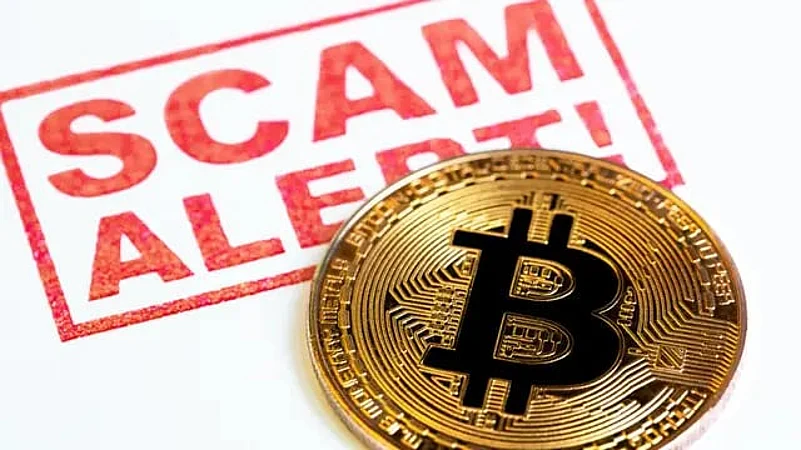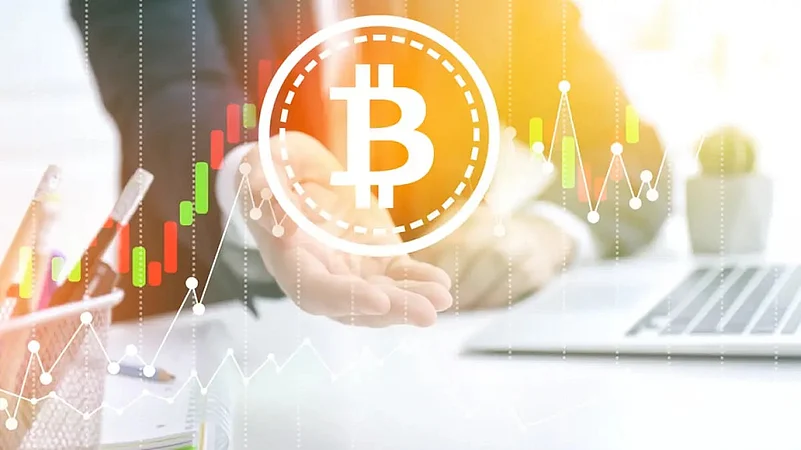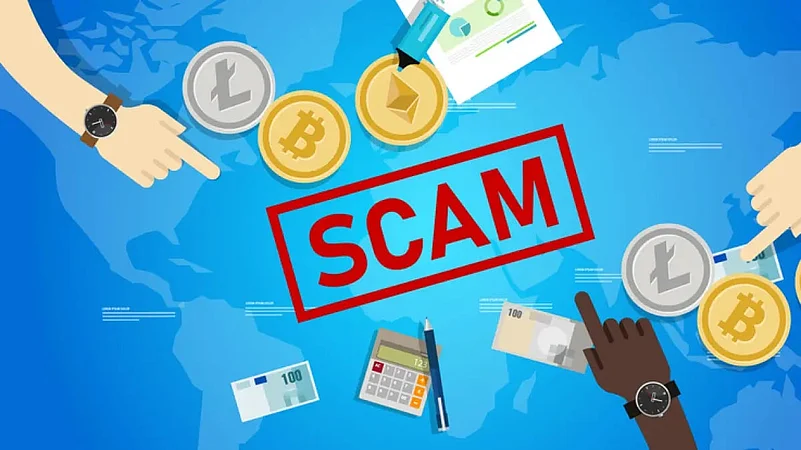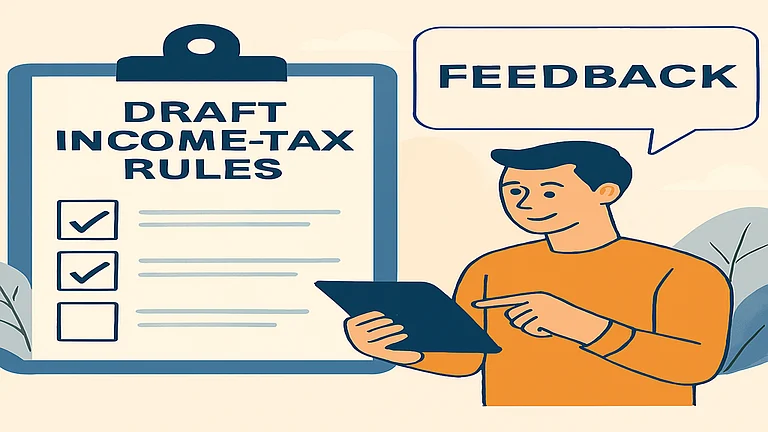The rising popularity of crypto has led to a rise in the number of crypto investors as well as genuine and fake crypto exchanges.
A cryptocurrency exchange is a marketplace, where cryptocurrencies can be bought and sold. Crypto exchanges provide storage for crypto as well as trading services and price discovery through trading activity.
Incidentally, cyber security company CloudSEK, has revealed in a recent study how Indian investors have been duped of more than Rs 1,000 crore by a fake crypto exchange scam. This is not the only case though, as according to data shared by Chainalysis, a Singapore-based Blockchain data platform, crypto scammers stole a record $14 billion in 2021.
Amid all this, crypto industry experts have now suggested ways by which investors can spot such fake exchanges.
How To Spot Such Exchange and Stay Safe?
According to crypto industry experts, one of the easiest of ways to identify and perform basic due diligence is to check for the details of the registered company, including its founders’ information, media coverage, and customer reviews.

“Companies that are registered outside of India shouldn’t be trusted with digital assets because it is hard to do due diligence, and there is no legal recourse when fraud is found,” says Gaurav Mehta, founder of Catax, a crypto taxation, auditing, and forensics start-up.
Mehta said that Bitex and Franc Exchange, which are copies of known exchanges like BitMEX and Binance have emerged to dupe customer on the pretext of crypto services.
Crypto industry experts have also said that if any crypto platform is giving very high yields, that’s the first red flag.
“Dubious and non-descript crypto platforms offer “too-good-to-be-true” returns on digital assets. If you spot a platform offering very high yields, that’s the first red flag. Given the uncertainty and turmoil in crypto markets, generating high yields on crypto is not feasible,” says Sharat Chandra, vice president, research and analysis, EarthID, a Blockchain-based company.
Mantras to Stay Cautious from Fake Crypto Exchange
Experts have also suggested ways and means to stay cautious from fake crypto exchanges.
“If an exchange promises a rate of return on an investment that seems way too good to be true, it most likely is not true. Any offers of guaranteed returns should be considered as suspicious as well. Given that the cryptocurrency market is very volatile, you will never know how much you will gain or lose. I would say potential investors should use only trusted exchanges if they wish to invest in cryptocurrencies,” says Dr. Oriol Caudevilla, board director at the Global Impact FinTech Forum (GIFT) and FinTech Advisor.
Sandeep Shukla, a professor of Computer Science and Engineering at IIT-Kanpur, and co-director of the National Blockchain Project, advises that investors should never choose an exchange based on social media ads or direct messages.
“Always do research and most of the time you will find a real exchange that they are faking,” he says.
“Also the behaviour of the crypto exchange, in terms of how they advertise, how they lure customers, the nature of ad they put on social media or via email are important and to be notified,” he adds.
Fake Crypto Exchange

In March 2022, over 900 investors were allegedly duped of Rs 1,200 crore by a website offering a fake cryptocurrency called Morris Coin. This coin was listed as Franc crypto exchange, a fake crypto exchange by some industry experts.
Morris Coin was launched by K Nishad, a resident of Malapuram, Kerala in 2020 through the initial coin offering (ICO) of ‘Morris Coin’ a new cryptocurrency token as the main promoter of the cryptocurrency.
According to reports, 900 people contributed to the ICO. Investors were required to hold the tokens in cryptocurrency wallets provided by the promoters for 300 days after purchasing 10 Morris Coins for Rs 15,000. At that point, the token was expected to be listed on the Franc exchange, a Coimbatore-based cryptocurrency exchange. The tokens’ proponents guaranteed that their value would increase many times after being listed, but all these turned into a big scam.
Nishad was later booked and arrested by Enforcement Directorate for the Morris Coin scam.
Delhi Police DCP (Cyber Cell) KPS Malhotra told Outlook Money that there are several platforms that pretend to be crypto exchanges and circulate links on WhatsApp/Telegram groups through which some investors do trading, which opens the gateway to fraud.
According to him, investors should make payments through the main exchange websites only, rather than through links.
Chandra adds: “These platforms do not have any due diligence or framework for listing tokens, and often come with an anti-dumping clause for tokens. Investors should examine the credentials of the project owners, the developer team and the community before investing in any crypto-token.”













